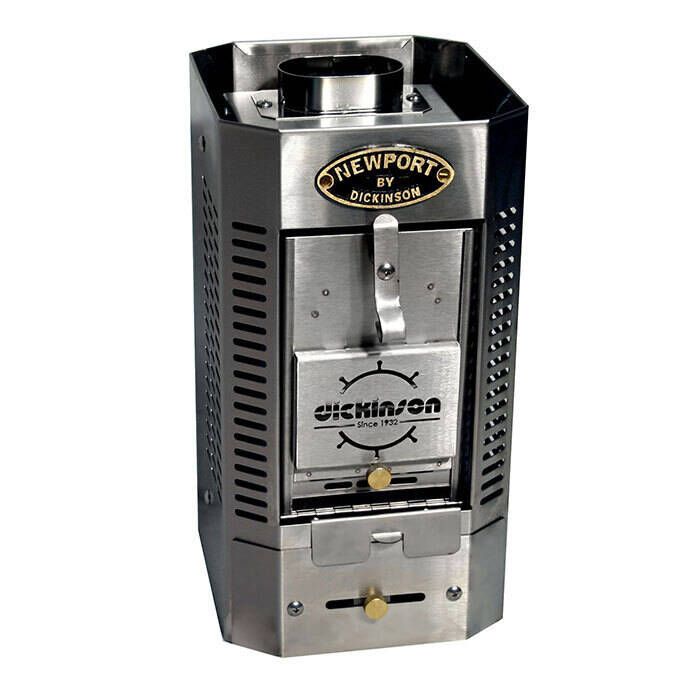86scotty
Cynic
Due to simplicity, I'm about to install a CDH and tweak it (as you did not what to discuss) for a more favorable air / fuel mix and run it on high to burn it off after each trip. If it fails in this application, so be it. I kind of want to see what the hype is all about.
Lol, I just did not want it to turn into a discussion about those only. I’ve had a Planar that sold with my Transit, I also have a CDH on my bench now that may go in something soon and also have an Espar in my work rig which get used nightly half the year, every year.
I do not ever take this truck over about 6k but the Espar has always run on diesel (never kerosene) from the main tank and has never been cleaned, not once. It’s 6 years old. Also, I’ve never run it on high to burn off soot though I always have on campers. They are an amazing product. I will continue to abuse it until I’m forced to clean it one day. For now, if it starts, I run it.
Anyway, whether I like it or not, the conversation is headed the way of these wonderful little diesel heaters only.
I just want to consider all options and also keep a good thread going with alternatives for people including myself.
Sent from my iPhone using Tapatalk

